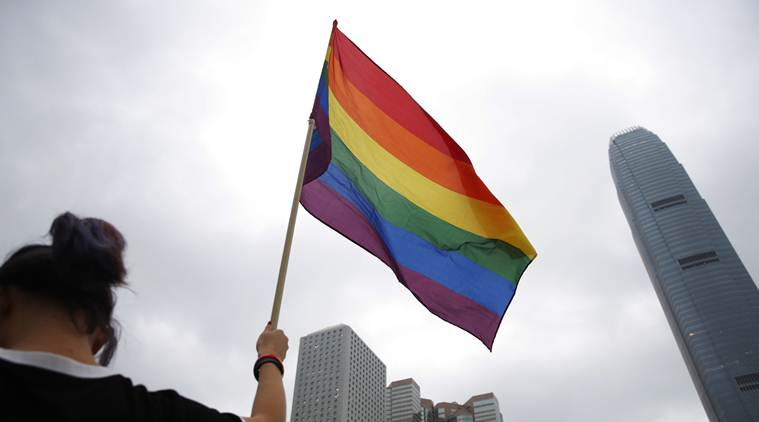Bill of wrongs
The hastily passed Transgender Persons (Protection of Rights) Bill does not ensure privacy, dignity and livelihood to the embattled group.

“After a prolonged discussion on this matter, I think that this Bill is perfect, there is no need for too much discussion on it now.”— Minister Social Justice and Empowerment, Thaawarchand Gehlot
Amidst the sloganeering and ruckus over the creation of a Joint Parliamentary Committee on the Rafale deal, the Transgender Persons (Protection of Rights) Bill, 2018 was swiftly introduced and passed by the Lok Sabha on December 17.
At first glance, the government’s Bill looks quite promising compared to the 2016 version, after 27 recommendations of the Standing Parliamentary Committee were adopted. However, when one looks closer, pertinent questions arise: How has the Bill constructed the concept of “gender identity” and its long-term implications for transgender individuals? Is the Bill potent enough to correct the centuries-old discrimination and injustices against the transgender community? Does the Bill convert the constitutional guarantees of life, liberty and equality into lived experiences for transgender persons?
With a view to achieving a clear, coherent and stable definition clause, the Bill ends up providing a one-sided and an over-simplified understanding of the term “transgender”. Although the government has dropped the previous and more problematic definition, the present one is still defective on many counts. It emphasises the biological dimension of transgender identity; conflates “sex” with “gender” and weaves a medicalised discourse for both; and sets “male” and “female” bodies as the normative standards.


No hay comentarios:
Publicar un comentario